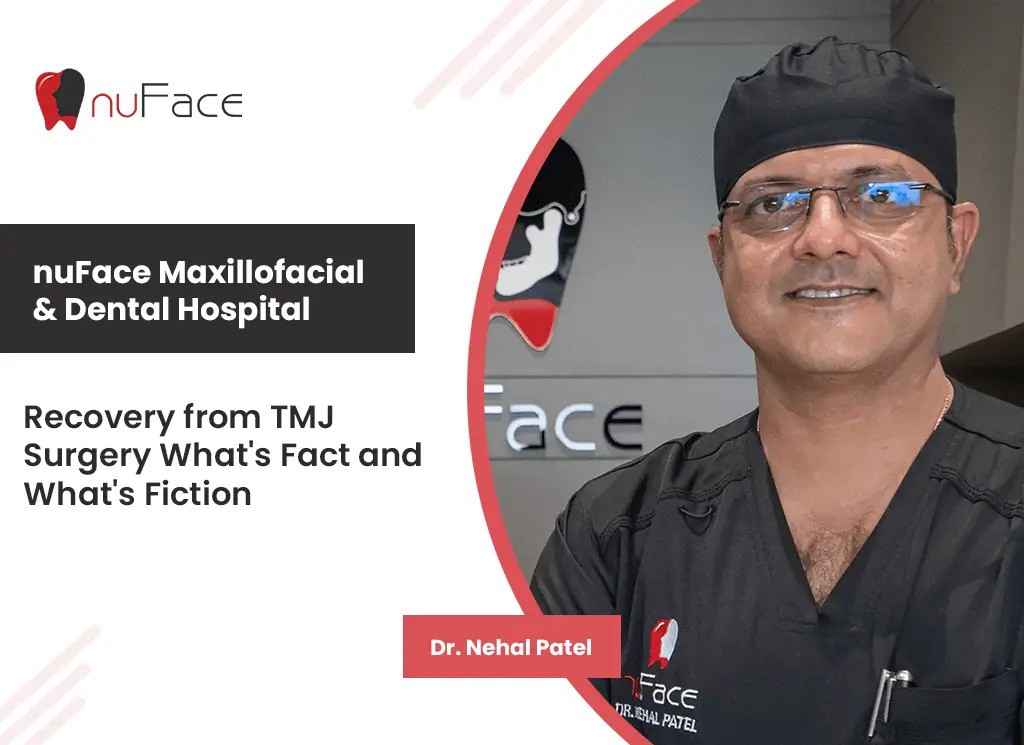
Trouble Opening Mouth? It Could Be a Condylar Fracture!
TMJ surgery can be effective in addressing TMJ disorders.


© 2024 Crivva - Business Promotion. All rights reserved.